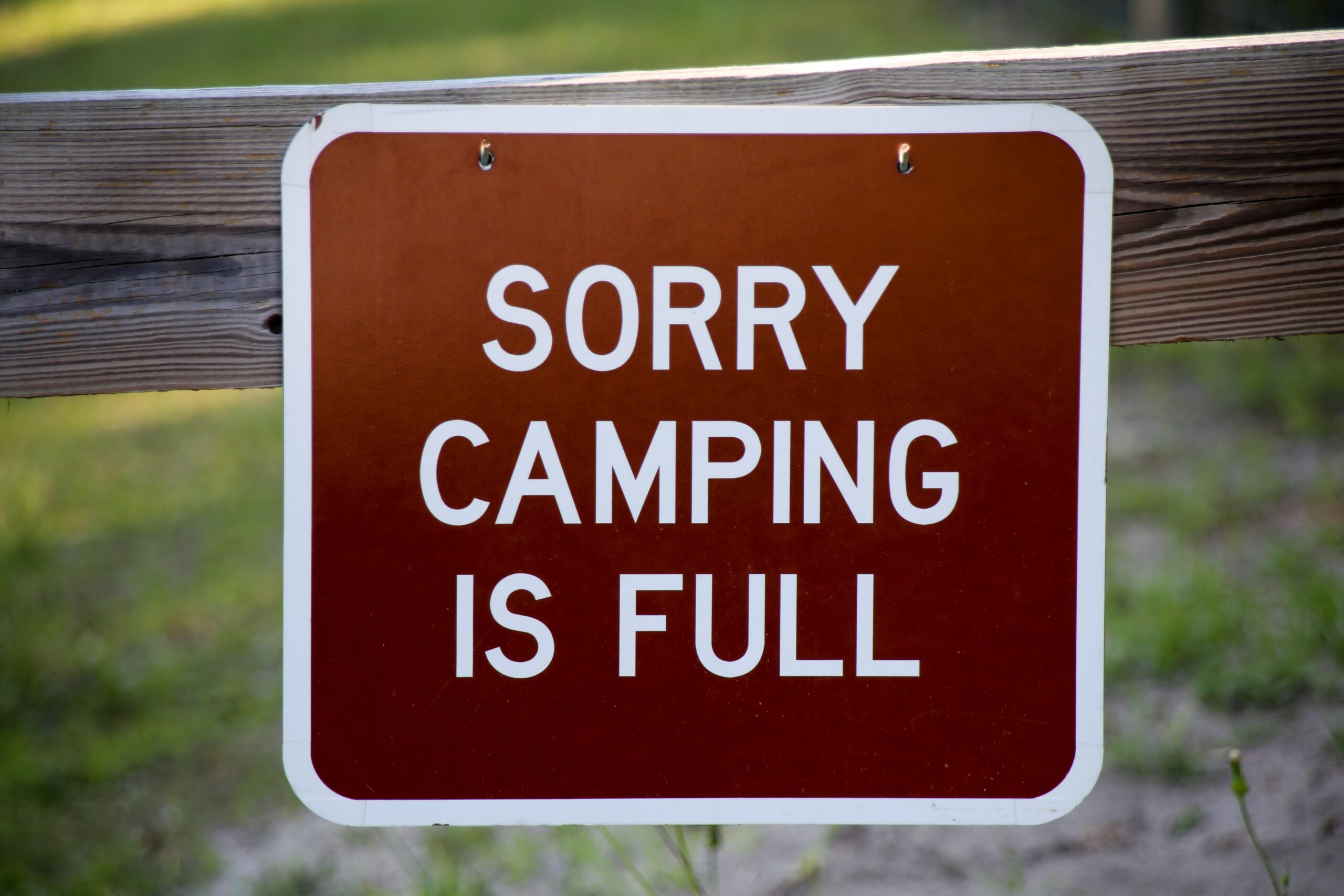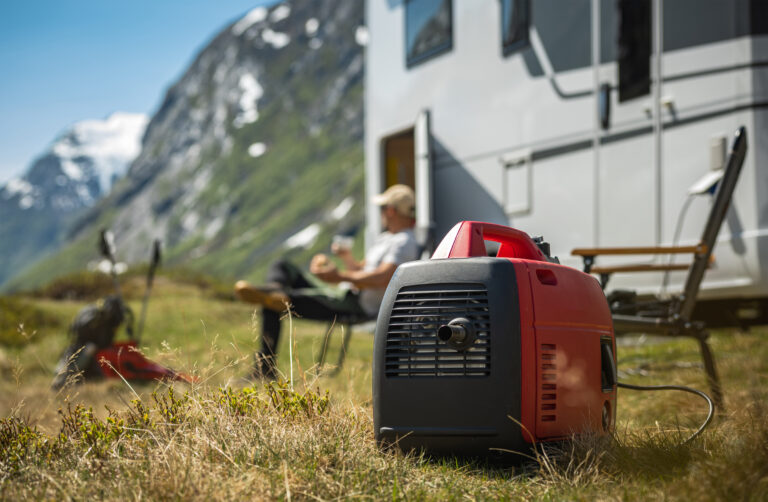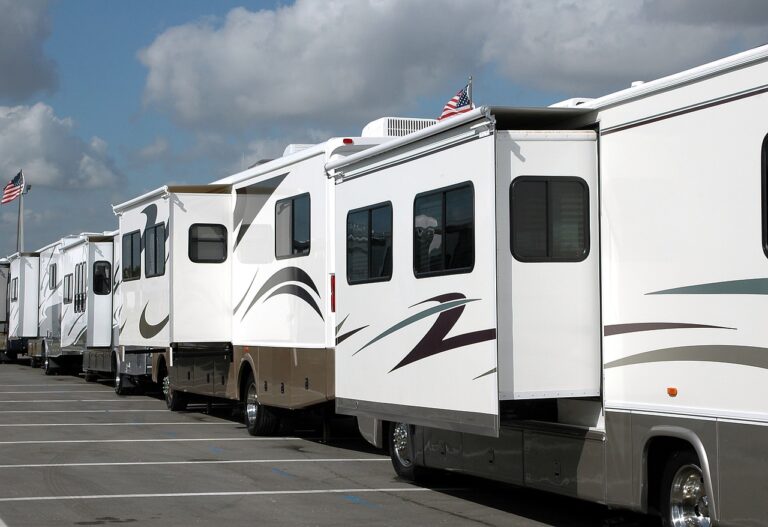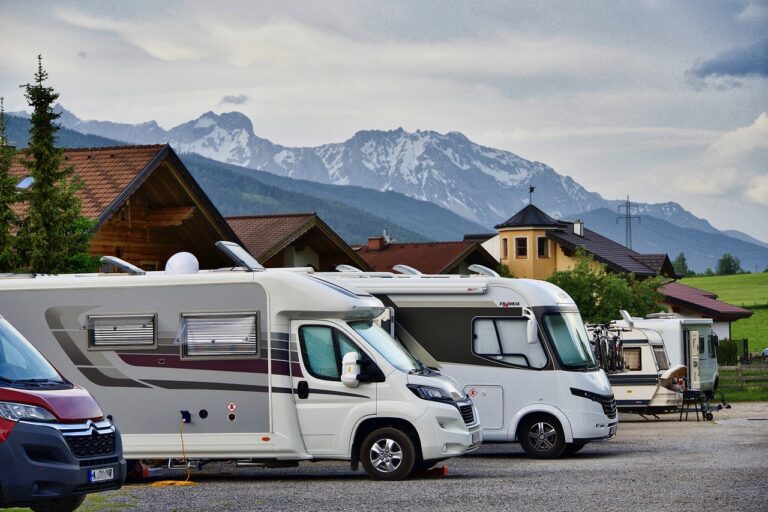Living the dream of hitting the open road and embracing the freedom of RV living may seem idyllic, but it’s not without its challenges. From limited space to maintenance and repairs on the go, RV living requires careful planning and resourcefulness. Finding suitable parking spots, managing power and water usage, and dealing with connectivity issues can also pose hurdles. However, fear not, as this article will delve into the solutions and strategies to conquer these obstacles and make your RV living experience a smooth and enjoyable one.
Limited Space and Storage Solutions
In the realm of RV living, one of the most prevalent challenges is the limited space available for storage. When you live in a recreational vehicle, every inch counts, and finding efficient storage solutions becomes essential. To maximize the available space, it is crucial to make use of every nook and cranny. Utilizing vertical storage options such as wall-mounted shelves or hanging organizers can help free up valuable floor space. Investing in collapsible or multi-functional furniture is another effective strategy. For instance, a dining table that can double as a workspace or a sofa that converts into a bed can save both space and money. Additionally, using vacuum-sealed bags for storing clothes or bedding can significantly reduce their size, allowing for more storage capacity. With careful planning and creative organization, the limited storage space in an RV can be optimized to meet all your needs.
Maintenance and Repairs on the Road
Performing maintenance and repairs on the road is an inevitable aspect of RV living. While it may seem daunting, being prepared and proactive can help overcome these challenges. One of the essential steps is to have a well-stocked toolkit that includes basic tools, spare parts, and repair manuals specific to your RV model. Regularly inspecting and maintaining your RV’s systems and components, such as the electrical, plumbing, and HVAC systems, can help prevent major breakdowns. It is also advisable to have a list of trusted repair shops or mobile technicians in different areas along your route. Additionally, having a basic understanding of common issues and their troubleshooting techniques can save time and money. Lastly, investing in a roadside assistance program can provide peace of mind and professional help when needed. By being prepared and proactive, you can effectively handle maintenance and repairs on the road.
Finding Suitable Parking and Camping Spots
To secure suitable parking and camping spots for your RV, it is crucial to plan ahead and research available options along your route. One of the main challenges of RV living is finding suitable places to park and camp. It is important to consider factors such as safety, amenities, and accessibility. Start by researching campgrounds, RV parks, and public land options in the areas you plan to visit. Online resources and RV-specific apps can provide valuable information on available spots and user reviews. Additionally, consider joining RV clubs or organizations that offer discounted rates and access to exclusive camping areas. It is also advisable to make reservations in advance, especially during peak travel seasons. By planning ahead and conducting thorough research, you can ensure a smooth and enjoyable RV living experience.
Managing Power and Water Usage
One important aspect of RV living is effectively managing power and water usage. When living in a recreational vehicle, it is essential to be mindful of power consumption to avoid draining the batteries or relying too heavily on external power sources. One way to manage power usage is by utilizing energy-efficient appliances and LED lighting. Additionally, practicing energy-saving habits like turning off lights and appliances when not in use can significantly reduce power consumption. Similarly, managing water usage is crucial in an RV. Conserving water can be achieved by taking shorter showers, fixing leaks promptly, and using water-saving devices such as low-flow faucets and toilets. Implementing these strategies will not only help extend the longevity of power and water resources but also contribute to a more sustainable and cost-effective RV lifestyle.
Dealing With Connectivity and Internet Issues
Navigating connectivity and internet issues can be a challenge for those living the RV lifestyle. While RV parks and campgrounds often provide Wi-Fi, the quality and reliability can vary widely. Additionally, when traveling to remote locations, accessing the internet may become even more difficult. However, there are several strategies that can help RV dwellers overcome these challenges. Investing in a mobile hotspot device or a portable Wi-Fi booster can provide a more stable internet connection. Researching and choosing RV parks or campgrounds with reliable and high-speed Wi-Fi can also ensure a smoother online experience. Furthermore, utilizing data plans from cellular providers can offer a backup solution when Wi-Fi is not available. By being proactive and resourceful, RV dwellers can overcome connectivity and internet issues and continue to stay connected while enjoying the freedom of the open road.




